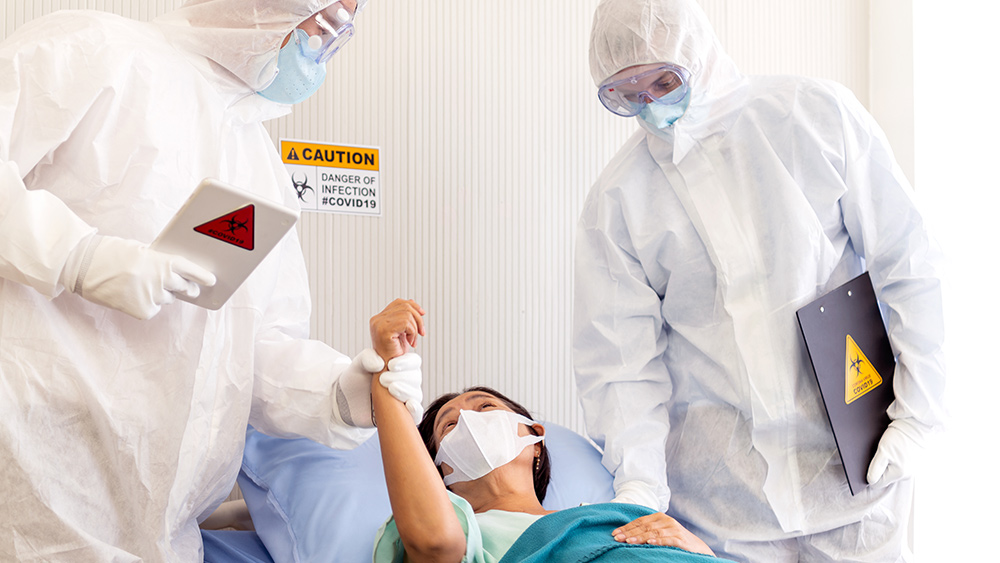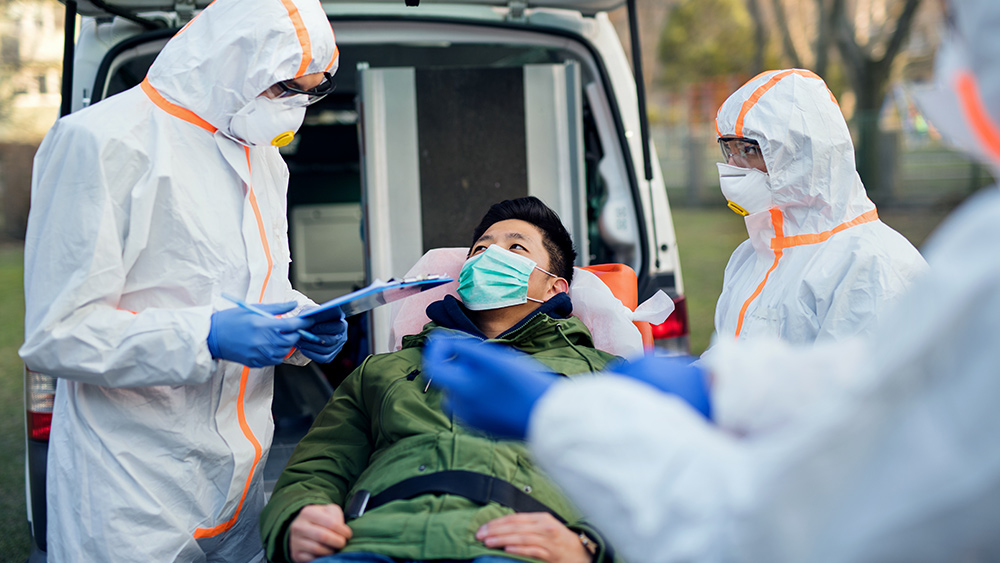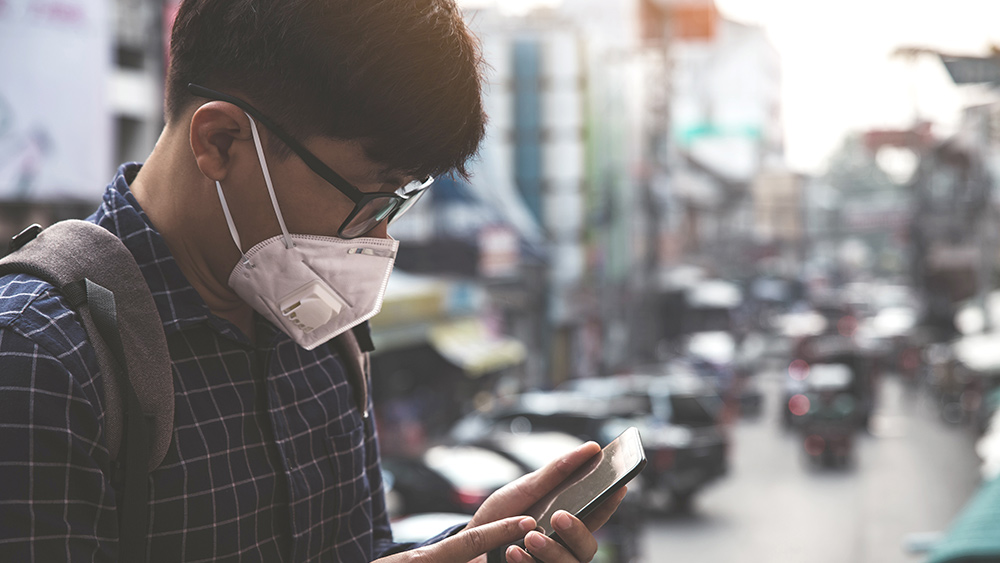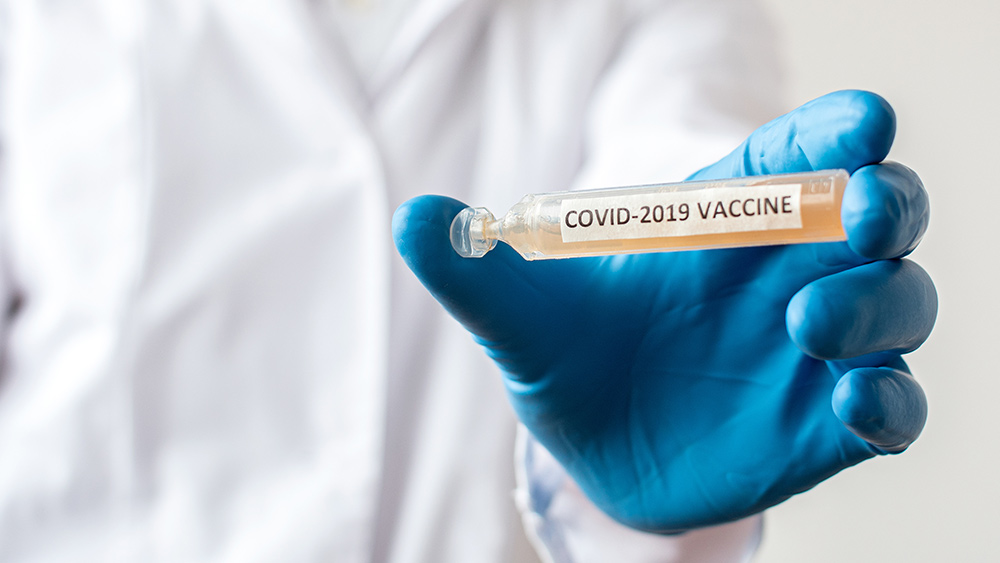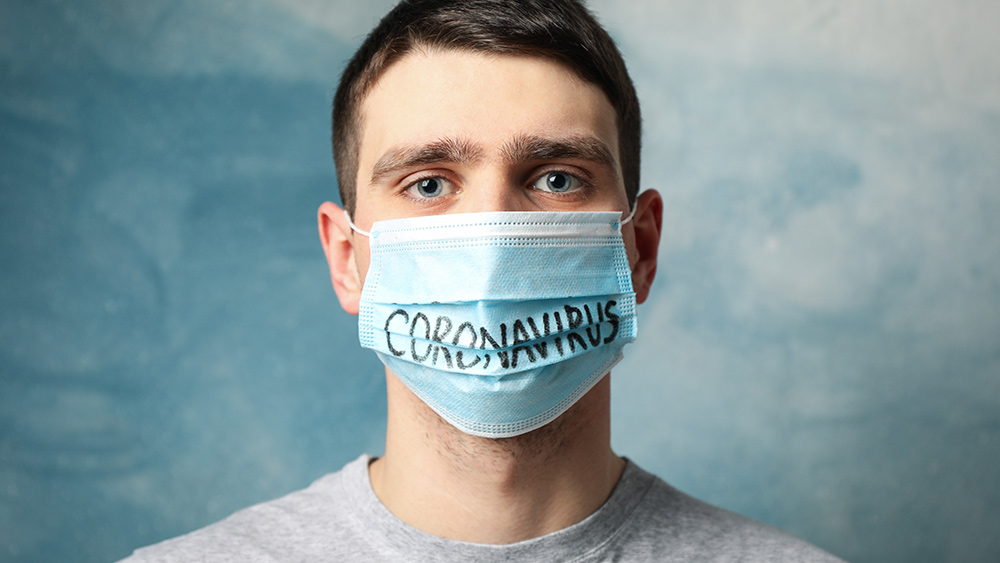Skip the antibiotics: How to self-treat a UTI
03/07/2020 / By Zoey Sky

Doctors often prescribe antibiotics to address urinary tract infections (UTIs), but these drugs are linked to many negative side effects, like allergic reactions. If you have a minor, uncomplicated UTI, consider trying home remedies to treat your condition naturally.
UTI: Causes and symptoms
UTIs occur when bacteria enter the urinary tract and grow. The usual culprit is E. coli, which is present in a person’s bowels. It can travel through the anus and reach the urethra, where it goes to the bladder or even the kidneys.
Women are more likely to develop UTIs than men because of the short distance between their anus and their urethra. The female urethra is also shorter than the male one.
A person with UTI can experience these symptoms:
- Agitation.
- Lethargy.
- Burning sensation while urinating.
- Cloudy or white urine (indicating pus).
- Pink, red, or dark urine (indicating blood.
- Urine with a strong, offensive odor.
- Less production of urine, but accompanied by more frequent urges to urinate.
- Incontinence or urine retention.
Women with UTI may also experience itching in the affected areas.
Meanwhile, men may suffer from prostatitis, a condition that causes symptoms like chills, fever, difficult or painful ejaculation, dribbling and pain in the perineum (the area between the rectum and scrotum) or the lower back.
UTIs are more common in women than in men. At least 50 percent of women worldwide have had a UTI, and only three percent for men.
Take note that only young, healthy individuals who haven’t had a UTI before, and don’t have underlying issues (e.g., blockages or malformations in the urinary tract) should attempt to self-treat an infection.
The negative side effects of antibiotics
Antibiotics, like many prescription medicines, are linked to adverse effects, like:
- Abnormal liver function
- Allergic reactions
- Diarrhea
- Headache
- Nausea and vomiting
- Rashes
- Tiredness
Antibiotics target both pathogenic and beneficial bacteria in your body, which can increase your risk of developing other infections. Long-term use of antibiotics can also make you develop strains of bacteria that are resistant to treatment.
Home remedies for UTI
Detailed below are natural ways to prevent or address a UTI.
- Stay hydrated. Not drinking enough water every day causes many problems, including UTI. Drinking enough water eliminates waste from your bladder, dilutes urine, and helps your body retain nutrients. Consume six to eight glasses (eight ounces each) every day.
- Drink cranberry juice. Cranberry juice works best as a prevention instead of a cure. The drink has antioxidants that can prevent E. coli cells from attaching to the cells in the urinary tract. (Related: Naturally occurring plant carbohydrate in cranberries could help prevent UTI.)
- Use the bathroom regularly. Going when the urge arises helps flush out bacteria before you get a UTI.
- Use probiotics (good bacteria) to keep your urinary tract healthy and free from harmful bacteria. Lactobacilli produce hydrogen peroxide in the urine, a potent antibacterial agent.
- Consume foods rich in vitamin C or take supplements. Vitamin C is an antioxidant that boosts your immunity. Vitamin C reacts with nitrates in your body and produces nitrogen oxide, a substance that helps eliminate bacteria.
- Wiping from front to back when using the bathroom. This keeps your urethra clean and free of E. coli.
- Proper sexual hygiene also helps reduce the risk of UTIs. Urinate before and after sexual encounters, wash genitals and use condoms.
To determine what bacteria is causing your UTI, get a urinalysis.
If you have a fever, are shivering, notice blood in your urine, have abdominal or flank pain or are experiencing an altered mental condition, you require emergency medical care. These symptoms suggest that the infection has traveled to your kidneys or farther.
Follow a balanced diet, supplement with vitamin C and practice proper hygiene to prevent a UTI.
Sources include:
Tagged Under: alternative medicine, antioxidants, bacterial infection, Cranberries, cranberry juice, Cures, drinking water, E. coli, food cures, food is medicine, functional food, Herbs, hydration, hygiene, infections, natural antibiotics, natural cures, natural health, natural medicine, prevention, probiotics, remedies, superbugs, supplements, urinary tract infections, UTI, vitamin C


